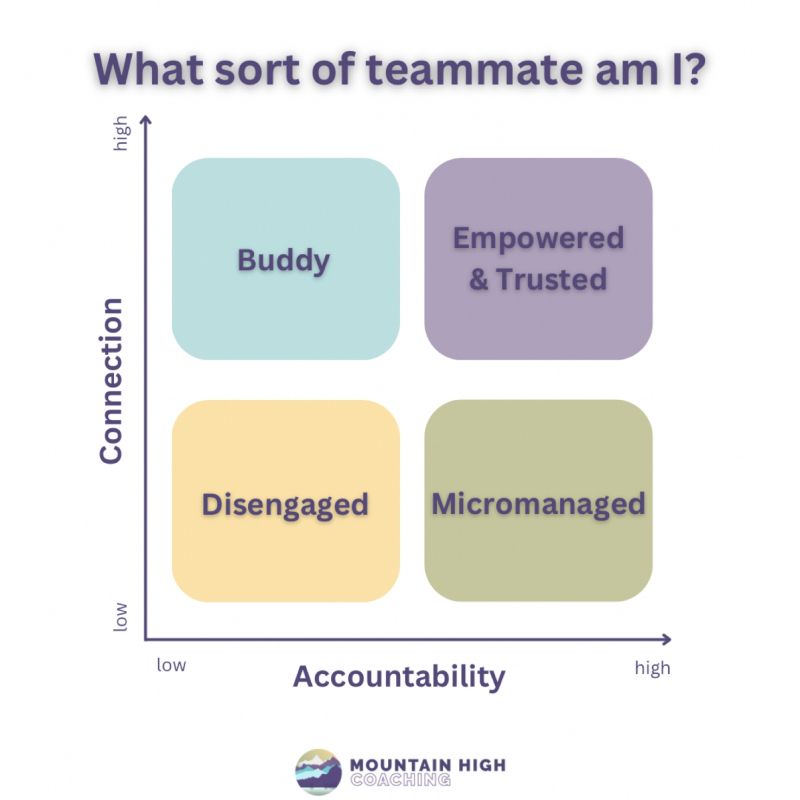If you’re a numbers person AND a leader, these numbers may (should) interest you…
A 2023 global study from The Workforce Institute (UKG) found that:
💥69% of employees say managers impact their mental health, which is a greater impact than doctors (51%) or therapists (41%), and the same as the employee’s spouse or partner (69%).
💥60% of employees surveyed said their job is the biggest factor influencing their mental health.
💥78% said that stress negatively impacts their work performance. Stress from work then carries into personal lives, with 71% saying it impacts their home life, 64% saying it impacts their wellbeing, and their relationships (62%).
💥And the C-Suite is also affected: Research shows that 35% of C-Suite leaders are ‘often’ or ‘always’ stressed about work, and 40% say they will likely quit in the next 12 months due to work-related stress.
💥Furthermore, 42% of C-Suite leaders say the greatest source of work stress is the pressure they put on themselves.
💥While 91% of C-Suite and HR managers believe they created an environment where employees feel comfortable talking about their frustrations at work, only 64% of employees agreed.
💥35% of employees believe that their manager fails to recognise the impact they have on the team’s mental well-being.
💥And only 54% of employees have used the EAP resources available to them.
💥Plus, a whopping 85% of employees don’t use all of their allotted annual leave, and 28% only take off one to four days at a time. 89% of managers and 88% of C-Suite leaders don’t take all of their allotted time off either, which means they aren’t modeling positive behaviours needed for rest and recuperation.
💡On the positive side, when people report a positive work environment, 63% say they are committed to their work, and 80% say they are energized, which will directly boost performance and output.
When it comes to wellbeing in the workplace, programmes that encourage good eating habits, more exercise, better sleep and financial security are great.
As are programmes designed to support mental health, like access to counselors through the company EAP.
What wellbeing programmes often fail to address is when the company culture and the people within the organisation are the stressors, for example
⚠️ consistently high workloads and under-resourcing
⚠️ tolerance of poor behaviours
⚠️ tolerance of under-performance
⚠️ poor leadership
⚠️ lack of development and training opportunities
⚠️ lack of psychological safety
So, to those who are all about the numbers, remember that your biggest investment is your people. The effort you put into how happy, creative, productive and safe they feel at work, will have a direct impact on your return.
And your competitive advantage.
And your customers.
If you aren’t too sure how or where to start, get in touch.

What behaviour choices are you making?
We should first look to ourselves – how WE show up, how people experience US, and what impact WE have on the team.








